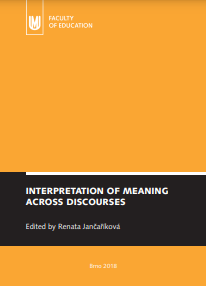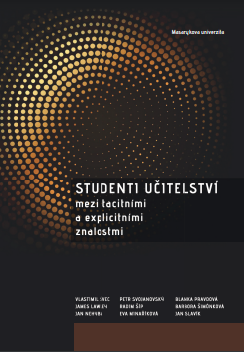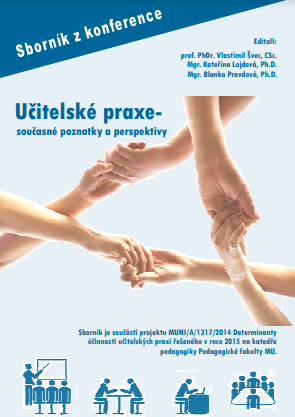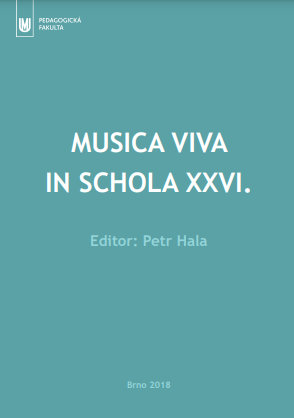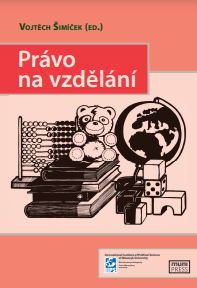
SOUDNÍ PŘEZKUM HODNOCENÍ NA VYSOKÝCH ŠKOLÁCH
Básník a spisovatel Petr Hruška nedávno publikoval text nazvaný „Příkoří“: „Autorem Charty 77 je obrozenec Josef Machar. Poetismus reprezentuje Václav Nezval a jeho sbírka povídek Básně noci. V povídkách Kundera vyzývá k lásce, i když ne moc. To všechno jsem se dočetl v písemných pracích, které jsou součástí zkoušky z předmětu dějiny české literatury uměnovědného oboru na Filozofické fakultě Masarykovy univerzity. (...) Nedávno jsem odmítl uznat práci sestavenou z takových vět, jaké zmiňuji v úvodu. Vzápětí přišel dopis, v němž jsem vyzýván, abych to podrobně vysvětlil – studentka píše, že se připravovala velmi pečlivě, byla si jista svými znalostmi, na všechny otázky odpověděla v nemalém rozsahu a zdařile, takže v případě neuznání testu bude nucena stěžovat si děkanovi, který může podle zkušebního řádu moje hodnocení uznat za svévolné a učinit opatření nezbytná pro obnovení porušených práv studenta. Ano, přiznám se, že mne po dočtení dopisu sevřel strach, ač úplně jiný, než jaký zamýšlela dotyčná vyvolat... Neznalost, neschopnost dostát něčemu, není vlastně děsivá – vždyť k lidem přirozeně patří jako máloco. Děs dýchá teprve z toho, jak se dá z oné neschopnosti jednoduše ‚vybojovat‘, jak ji při ztrátě sebereflexe lze prohlásit za svévolnou újmu a pošlapávání práv a ukrýt tak – především před sebou samým – její pravou podstatu. Četl jsem dopis podruhé a uvědomoval si opět cosi obecnějšího: jak ochotně a často zaujímá člověk postoj, že když něco nezná či neumí, tak se mu děje příkoří.“
More...
